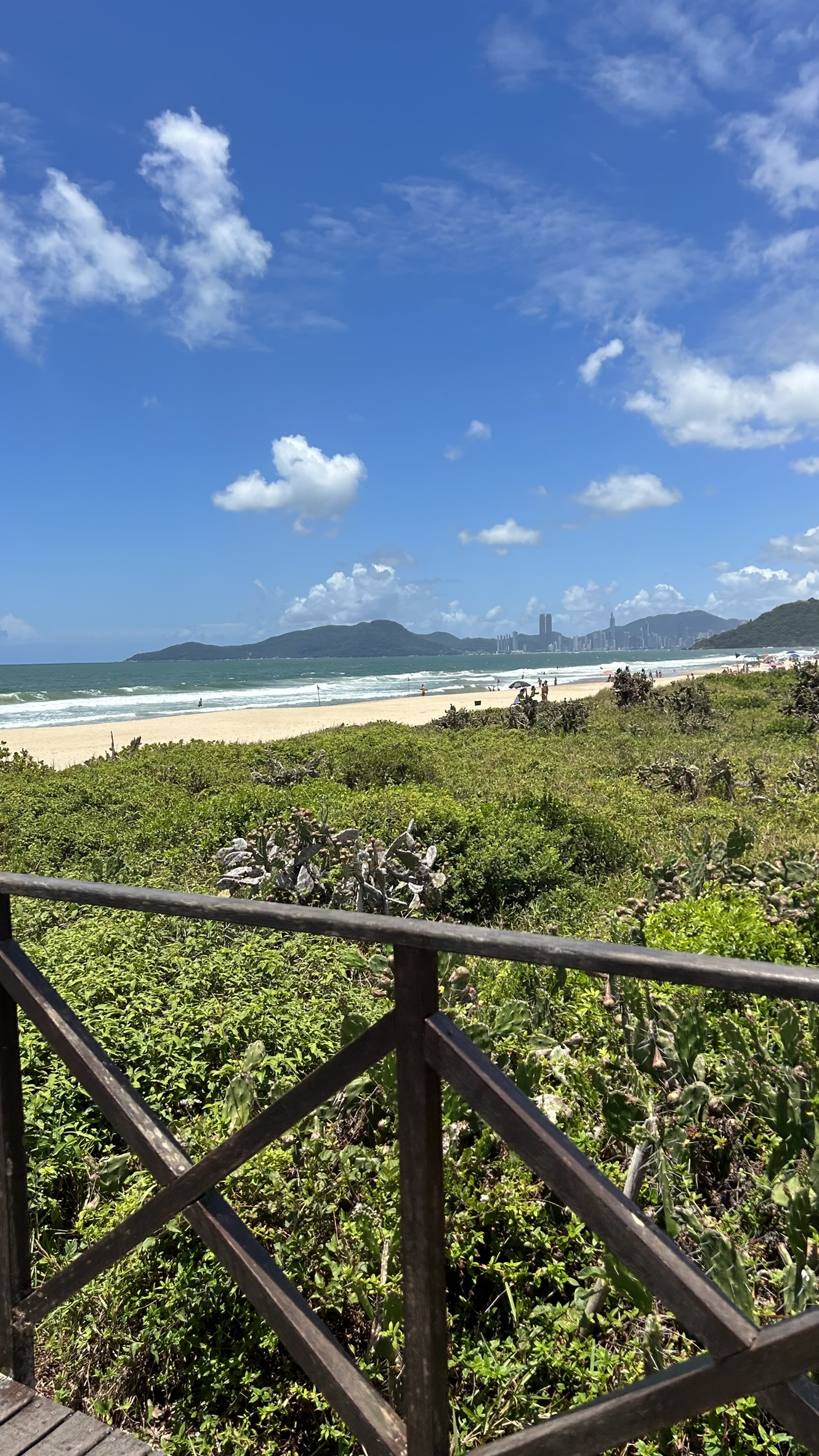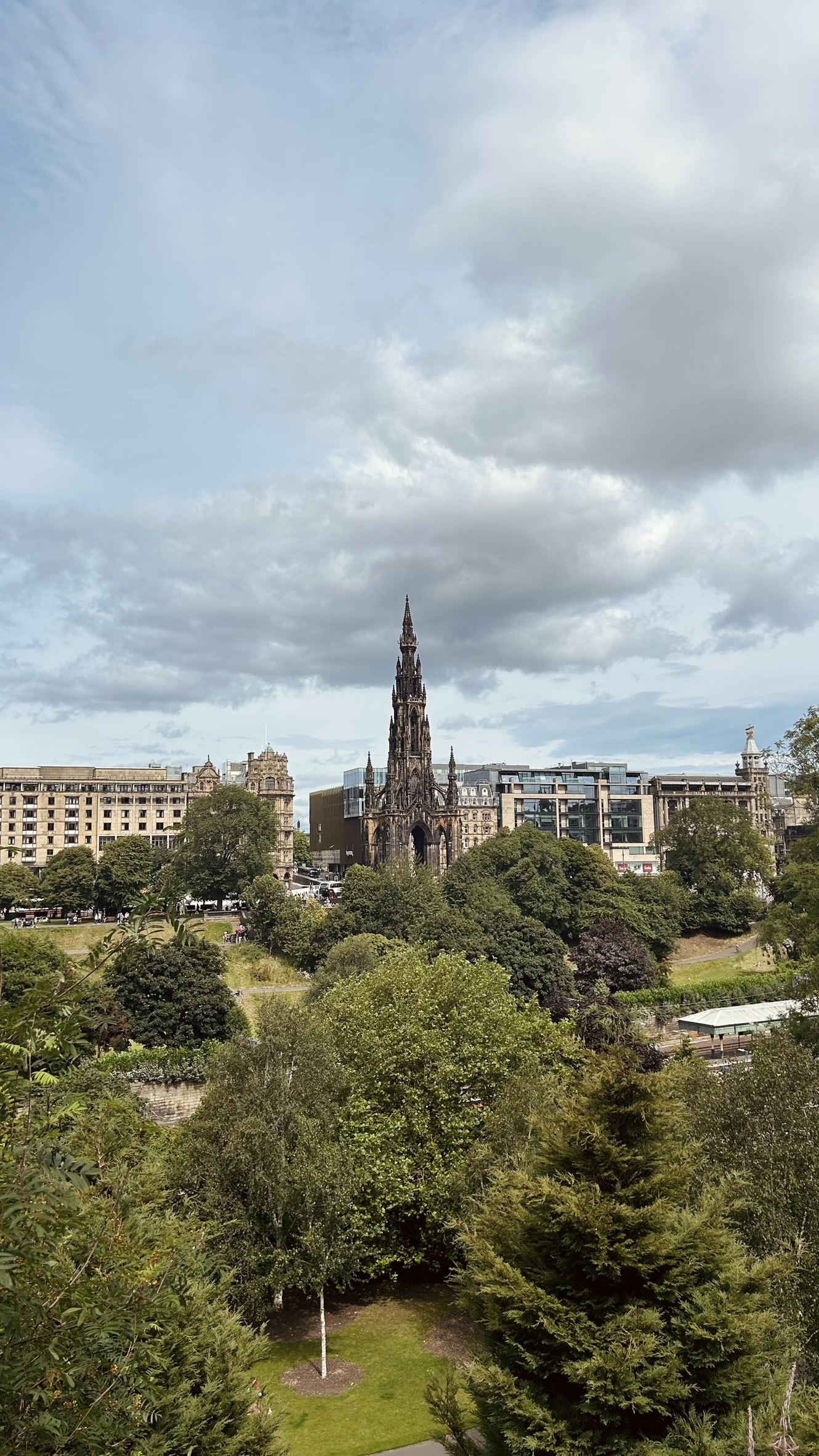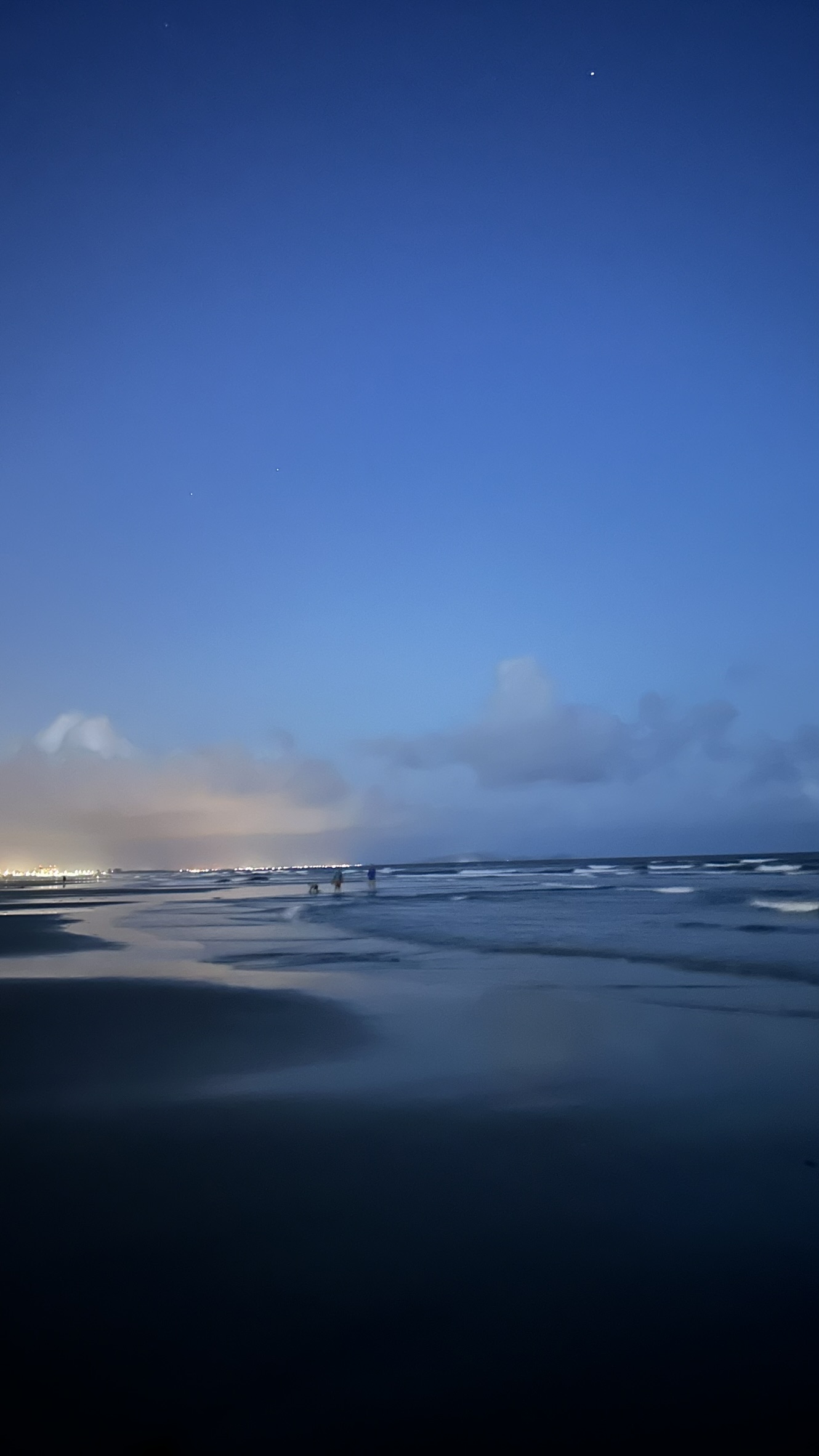Fernanda S. Caron
Departamento de Zoologia, Universidade Federal do Paraná, Curitiba, PR, Brazil.
I'm a Ph.D. student in Ecology and Conservation at UFPR, Brazil, conducting research under the supervision of Dr. Fabricius M. C. B. Domingos. My research focuses on macroevolution, macroecology, and understanding patterns in the evolution of biological diversity. I'm particularly interested in phylogenetics and phylogenetic comparative methods as tools to investigate evolutionary questions. My Ph.D. project explores connections between micro- and macroevolution, focusing on rates of molecular evolution and species diversification. I'm also co-director of Communications for the Brazilian Society of Evolutionary Biology (SBBE).




